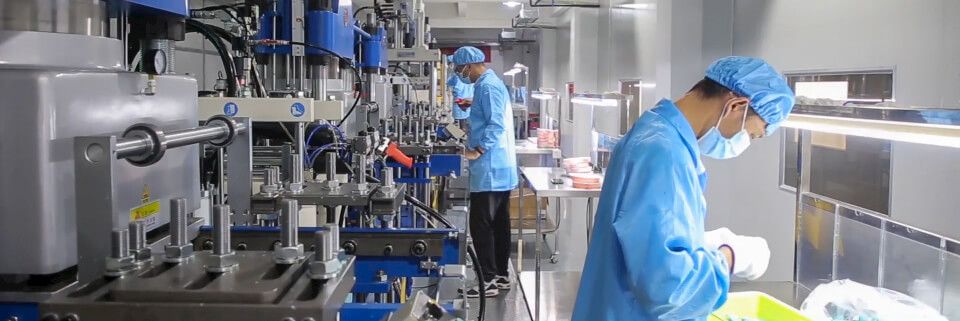The Role of Silicone in Sustainable Product Design

Introduction
With increasing pressure on manufacturers to reduce carbon emissions and create eco-conscious products, silicone has emerged as a valuable material in sustainable product development. WH Silicone provides eco-friendly OEM solutions using advanced material processing and certified sustainable silicone.
♻️ Why Silicone Is Considered a Sustainable Material
Silicone is a highly durable, inert, and reusable material. Compared to plastics and rubber, it offers:
-
Longer lifespan (reduces replacement frequency)
-
High-temperature resistance (for diverse reuse conditions)
-
Inert properties that reduce toxic leaching
-
Lower VOC emissions during curing
-
Minimal environmental degradation over time
✅ Environmental Certifications That Matter
WH Silicone’s products can be manufactured in compliance with:
-
RoHS: Restricts hazardous substances in electronics
-
REACH: Ensures no harmful chemicals are used
-
LFGB / FDA: For food-grade and reusable applications
These certifications not only ensure end-user safety but are also critical in global eco-regulations.
📦 Case Study: Reusable Silicone Packaging
One of our clients replaced traditional plastic blister packaging with reusable platinum-cured silicone trays. Results:
-
55% less packaging waste
-
100% recyclability
-
Lower total packaging costs after 3 production cycles
🌱 How WH Silicone Supports Your Green Goals
Our OEM capabilities include:
-
Platinum-cured silicone molding (non-toxic, reusable)
-
Custom product design for low waste
-
Batch production with low VOC curing ovens
-
Traceable raw material sourcing
💡 Summary
Eco-friendly silicone isn’t just a buzzword — it’s a tangible manufacturing direction with strong market demand. WH Silicone is ready to support sustainable brands with compliant, high-quality OEM production services.
